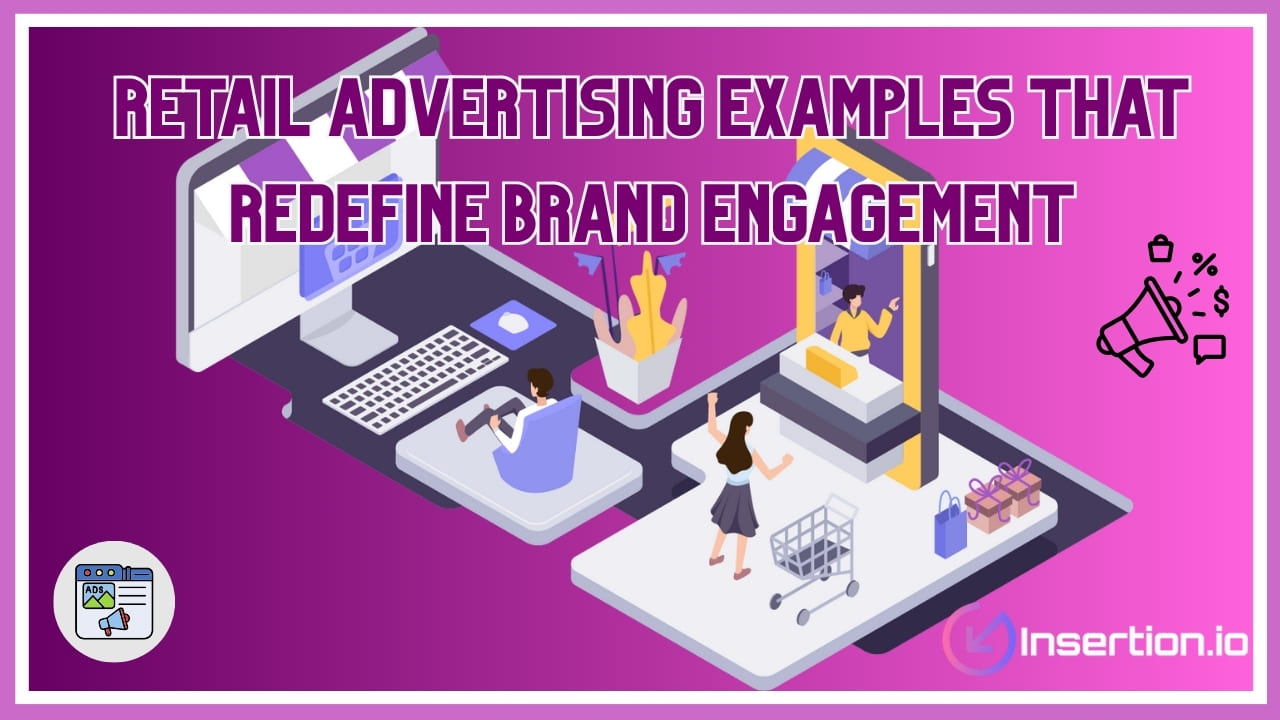
Many retail brands invest in powerful ad campaigns yet struggle to elevate genuine brand engagement. Retail advertising and retail media now account for a massive share of ad spend in the U.S. retail industry, with digital retail media advertising projected to exceed $100 billion by 2027. To address this challenge, a refined marketing strategy that integrates in-store promotion, social media ads, email marketing, and loyalty program activation can transform how a retailer connects with its target audience. This guide presents retail advertising examples that redefine brand engagement and outlines how your marketing team can apply them.
What Is Retail Advertising?
Retail advertising refers to the marketing activities that retailers use to promote their products and drive sales, both online and in-store. It involves creating advertising campaigns that increase brand awareness and attract the target audience through digital, print, and outdoor advertising. Retailers use various marketing channels, including social media, email, and retail media networks, to reach consumers effectively.
Additionally, retail advertising strategies often combine content marketing and influencer marketing to enhance customer experience and encourage repeat purchases. Altogether, an effective retail advertising strategy strengthens brand visibility, boosts sales, and builds loyalty programs that ensure long-term retail success.
7 Retail Advertising Examples: Campaigns That Changed the Game
1. Nike’s ‘Just Do It’:
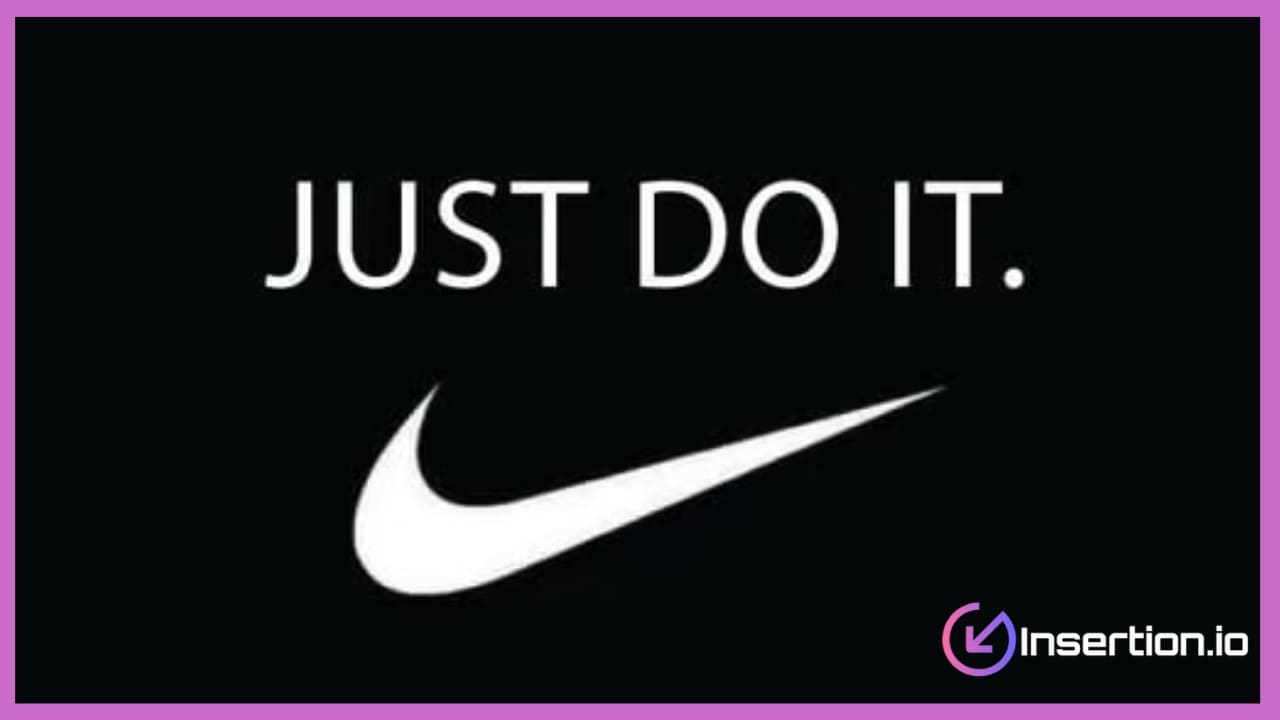
Nike’s ‘Just Do It’ campaign became a groundbreaking retail advertising example that reshaped modern retail marketing. It used an effective advertising strategy focused on emotional appeal to connect deeply with its target audience. Moreover, the campaign strengthened brand awareness and encouraged consumers to act with a strong sense of urgency. Nike’s marketing team used digital, outdoor, and social media advertising to disseminate its message worldwide. Consequently, it inspired millions to pursue their goals and significantly boosted retail sales. This winning retail marketing effort remains one of the most successful retail campaigns in history.
2. Apple’s ‘Get a Mac’:

Apple’s ‘Get a Mac’ advertising campaign emphasized simplicity, creativity, and direct customer communication within the competitive retail landscape. The brand’s marketing strategy effectively highlighted the contrast between Mac and PC, positioning Apple as a modern retail leader. Additionally, its impactful retail marketing approach enhanced brand awareness and increased online retail sales. The campaign used a clear marketing mix combining digital marketing and traditional advertising channels. Evidently, Apple’s consistent messaging across media platforms built a loyal customer base. Overall, this campaign demonstrated how a strong retail advertising strategy can redefine a brand’s identity and drive sales.
3. IKEA’s Catalog AR App:
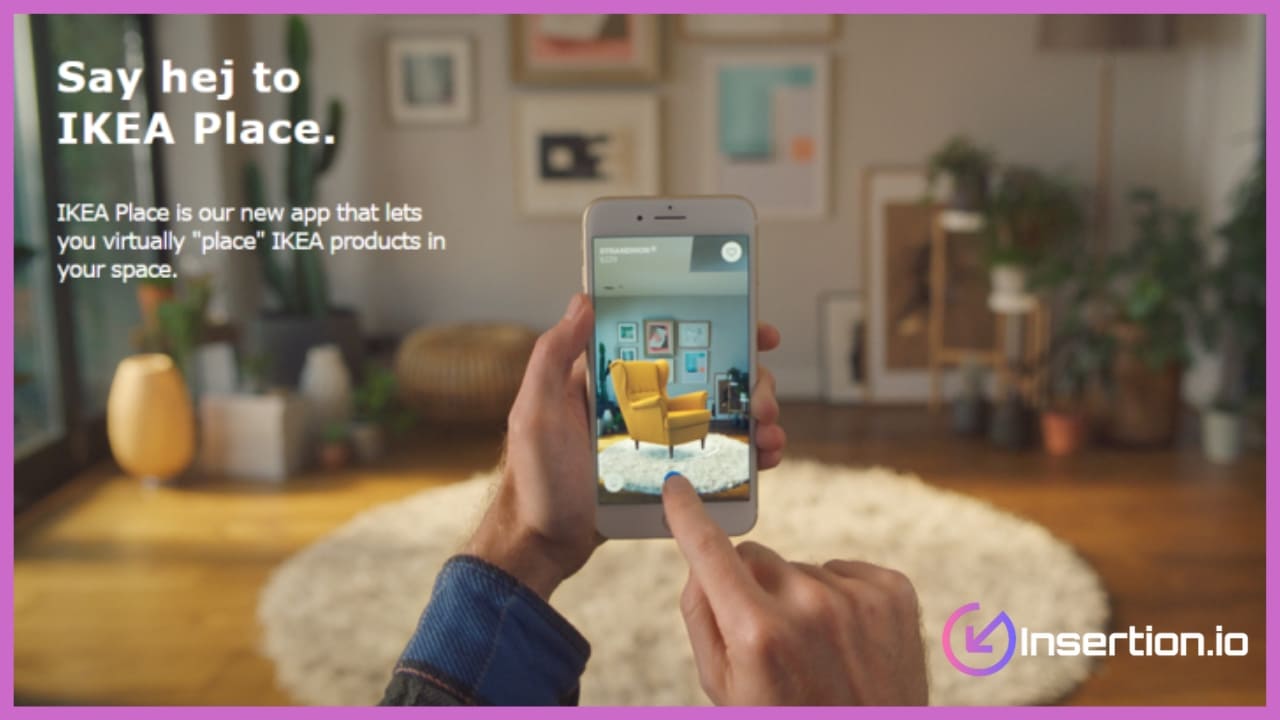
IKEA’s Catalog AR App campaign marked a revolutionary step in digital retail advertising and customer experience enhancement. It allowed customers to visualize products within their physical store spaces, significantly improving the shopping experience. Moreover, this innovative retail media advertising initiative demonstrated how marketing automation can effectively personalize interactions. IKEA’s marketing team integrated content marketing and social media marketing to promote the app globally. Consequently, the campaign not only boosted sales but also strengthened brand awareness and positioned IKEA as a leader in modern retail. Undeniably, it has become one of the best retail marketing examples, shaping the future of retail advertising.
4. REI’s #OptOutside:

REI’s #OptOutside initiative evolved into a symbolic retail advertising campaign that challenged traditional promotional methods. Instead of promoting sales, REI closed its physical stores on Black Friday to enhance brand authenticity. This retail marketing strategy prioritized values over profit, resulting in increased customer loyalty and brand awareness simultaneously. Additionally, the campaign gained immense traction on every major social media platform through impactful social media posts. Consequently, REI’s marketing efforts demonstrated that authenticity can effectively drive sales and engagement. Altogether, this advertising campaign reshaped the retail industry by aligning consumer trust with meaningful brand actions.
5. Sephora’s Beauty Insider Loyalty Program:
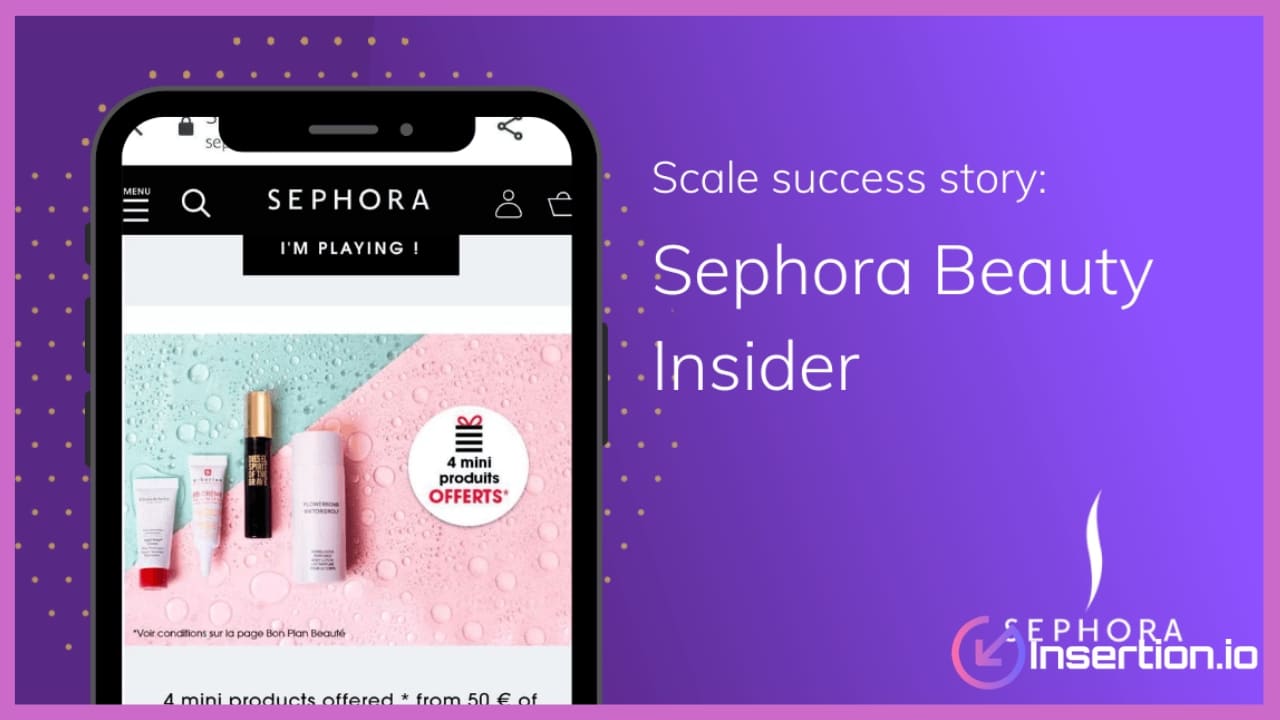
Sephora’s Beauty Insider Loyalty Program remains one of the best retail marketing initiatives focused on customer retention. The retailer effectively utilized omnichannel marketing to seamlessly integrate online and in-store retail experiences. Moreover, this marketing campaign personalized promotions through email marketing and targeted social media ads. Sephora’s marketing team applied data-driven marketing automation to refine customer experience and reward loyal buyers. Consequently, this retail advertising strategy increased brand awareness, improved retail sales, and boosted lifetime customer value. Indeed, Sephora’s approach has become a real-world example of how loyalty programs can enhance long-term retail success.
6. Burberry’s Digital Transformation:
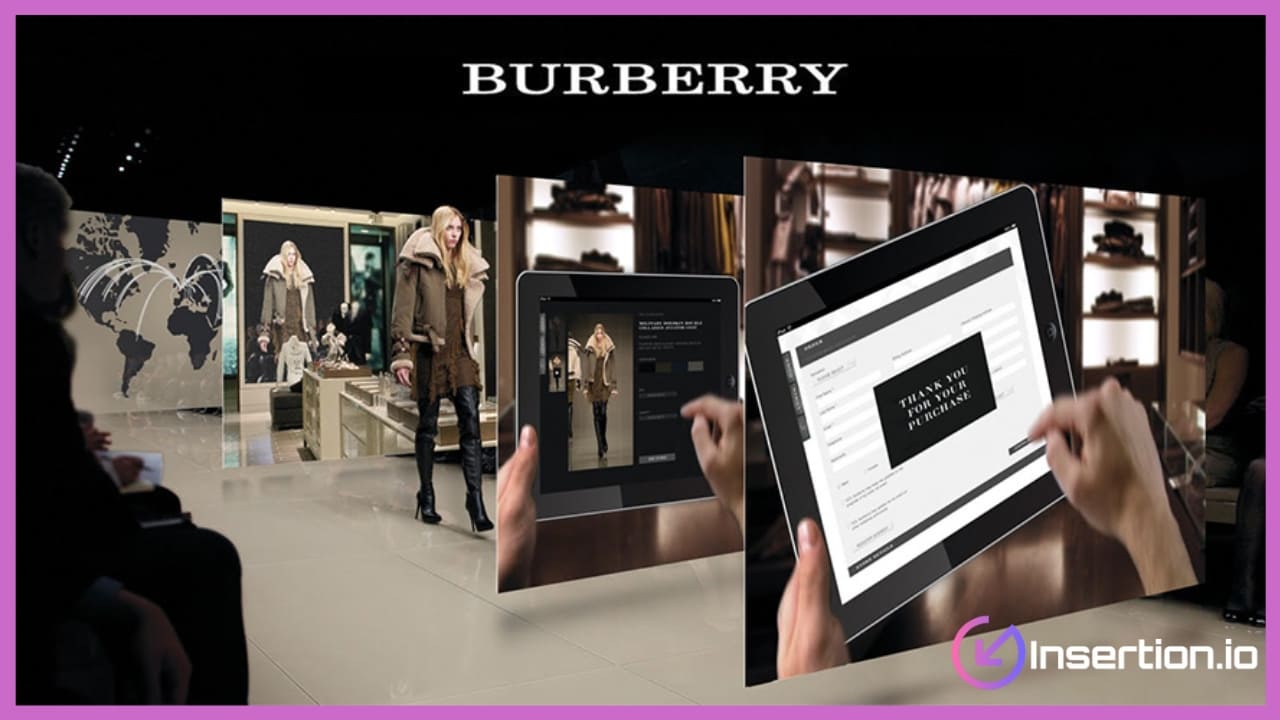
Burberry’s digital transformation campaign demonstrated how retail brands can thrive in the new retail landscape. The company adopted retail media networks and social media marketing to significantly modernize its advertising strategy. Additionally, the brand’s marketing activities merged traditional retail aesthetics with digital advertising to strengthen engagement. Burberry’s marketing platform allowed customers to interact with products online before visiting physical stores. Consequently, this omnichannel marketing effort improved customer experience, increased brand awareness, and expanded its global reach. Overall, Burberry’s approach remains a striking example of successful retail marketing that defines the future of retail advertising.
7. Domino’s Pizza Tracker:
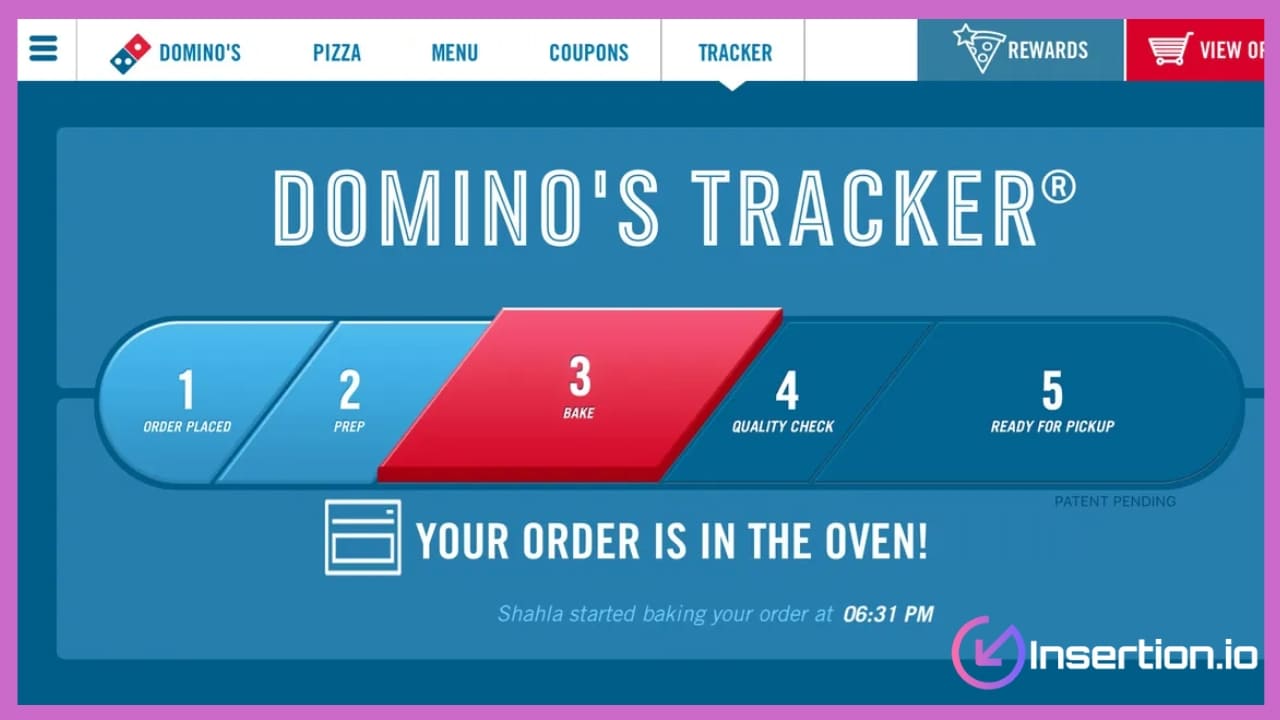
Domino’s Pizza Tracker revolutionized retail advertising by seamlessly integrating technology with customer experience in a creative way. The campaign’s marketing strategy focused on transparency and engagement, which improved brand trust and satisfaction. Moreover, it used digital marketing and social media ads to promote real-time tracking for online orders. Domino’s marketing team utilized marketing automation to personalize notifications and effectively encourage repeat purchases. Consequently, the innovation helped drive sales while increasing brand awareness across multiple advertising platforms. Undoubtedly, this advertising campaign remains a highly impactful example of retail marketing that has shaped the future of retail success worldwide.
Conclusion
Altogether, the retail advertising examples showcased here demonstrate how effective retail marketing strategies help brands drive sales, enhance customer experience, and build lasting loyalty. Whether a retail store focuses on in-store retail displays or online franchise advertising through retail media networks, the right mix of advertising platforms and marketing channels makes all the difference. If you’re seeking retail success in a competitive retail landscape, these real-world campaigns offer inspiration and direction. What retail advertising campaign will you design next to engage your audience and boost brand awareness?
FAQs
1. What is retail advertising?
Retail advertising is the process by which retailers promote their products and services through various marketing channels to drive sales and increase brand awareness.
2. Why is retail advertising important for retailers?
It helps retailers attract their target audience, increase store traffic, and boost overall retail sales both online and in-store.
3. What are the main types of retail advertising?
Common types include digital advertising, in-store advertising, print advertising, outdoor advertising, and social media marketing.
4. How does retail marketing differ from retail advertising?
Retail marketing focuses on the overall marketing strategy, while retail advertising deals specifically with promotional messages and ad campaigns.
5. What makes a retail advertising campaign effective?
An effective retail campaign targets the right audience, uses compelling visuals, and communicates clear benefits to encourage immediate action.





Leave a Comment